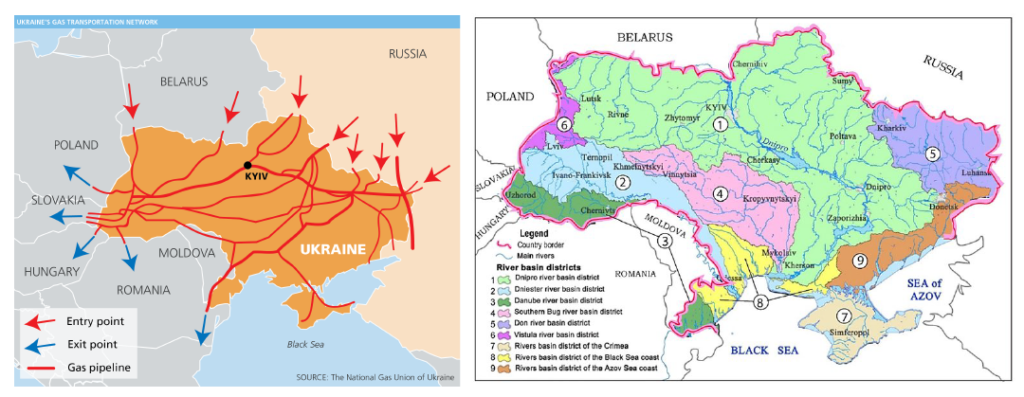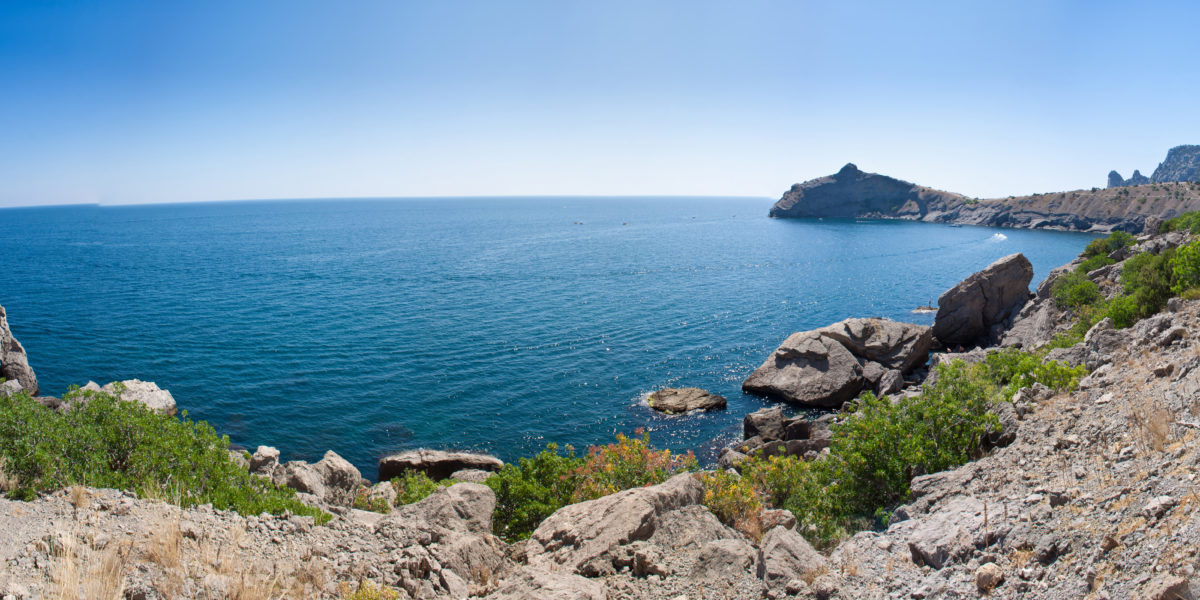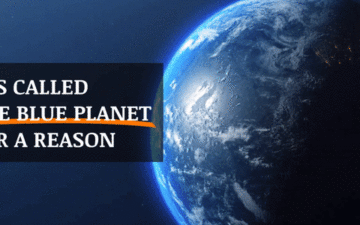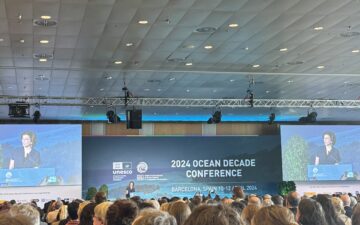Acting to address climate change and the illegal war of conquest by Russia against the Ukraine
We watch with horror as Russia’s military invasion of Ukraine wreaks havoc on its people. We write to our decision makers to demand action. We donate to support the basic human needs of the displaced and the besieged. We do our best to express our support and concern for those whose loved ones cannot readily escape the war. We hope the non-violent, legal means by which the leaders of the world are responding will apply enough pressure to make Russia see the error of its ways. And we have to think about what this means for the balance of power, the defense of equity, and the future of our planet’s health.
Ukraine is a coastal nation with some 2,700 miles of coastline stretching from the Sea of Azov along the Black Sea to the Danube delta at Romania’s border. A network of river basins and streams flows across the country to the sea. Sea level rise and coastal erosion are changing the coastline — a combination of Black Sea level rise and increased freshwater flow due to changing precipitation patterns and land subsidence. A 2021 scientific study led by Barış Salihoğlu, director of the Institute of Marine Sciences of the Middle East Technical University, reported that the marine life of the Black Sea is at risk of irreparable harm due to global warming. Like the rest of the region, they’re held captive by a dependence on the fossil fuels that cause these problems.
Ukraine’s unique geographical position means it is home to a sprawling network of pipelines carrying oil and natural gas. These ‘transit’ gas pipelines carry fossil fuels, burned to generate electricity and meet other energy needs for European countries. Those pipelines have also proven to be a particularly vulnerable source of energy as Russia has invaded Ukraine.

The world has condemned the war as illegal
In 1928, the world agreed to put an end to wars of conquest through the Paris Peace Pact. This international legal agreement outlawed attacking another country for the purpose of conquest. It is the basis for any sovereign nation’s self-defense and for other countries to come to the defense of the invaded, such as when Hitler began his efforts to take over other countries and enlarge Germany. It’s also the reason those countries were described not as Germany, but as “occupied France” and “occupied Denmark”. This concept even extended to “occupied Japan” while the USA governed her temporarily after the war. This international legal agreement should ensure that other nations will NOT recognize Russian sovereignty over Ukraine, and thus recognize Ukraine as an occupied country, not as part of Russia.
All international relations challenges can and should be resolved peacefully, respecting the sovereignty of nations and the need for mutually-honored agreements. Ukraine did not pose a threat to the security of Russia. In fact, Russia’s invasion may have increased its own vulnerability. Having unleashed this irrational and unjustified war, Russia’s President Vladimir Putin has doomed Russia to suffer international condemnation as a pariah nation, and its people to suffer financial harm and isolation, among other ills.
National governments, corporations, international bodies, and other entities are unified in their belief that such illegal warfare requires a response. In a rare emergency session called by the U.N. Security Council, on March 2nd, the United Nations General Assembly voted to denounce Russia over this invasion. The resolution was supported by 141 of the assembly’s 193 members (with only 5 opposed), and passed. This action is part of a wave of sanctions, boycotts, and other actions designed to punish Russia for undermining global security and defying international law. And as we do what we can and regret what we cannot, we can also address the conflict’s root causes.
The war relates to oil
According to Harvard’s Kennedy School, between 25-50% of wars since 1973 have been connected to oil as a causal mechanism. In other words, oil is the leading cause for war. No other commodity even comes close.
In part, Russia’s invasion is yet another war about fossil fuels. It is for control of the pipelines that run through Ukraine. Russia’s oil supplies and the sales to western Europe and others support Russia’s military budget. Western Europe receives about 40% of its natural gas supply and 25% of its oil from Russia. Thus, the war is also about Putin’s expectation that the flow of oil and gas to western Europe by Russia would, and perhaps did, slow response to Russia’s military buildup on Ukraine’s border. And, perhaps even prevented retaliation following the invasion. No nation and few corporations wanted to risk Putin’s anger given this energy dependence. And, of course, Putin acted while oil prices were at a high due to seasonal demand and relative scarcity.
Interestingly, but not surprisingly, those sanctions you are reading about — intended to isolate Russia as a pariah state — all exempt energy sales so that western Europe can maintain business as usual despite the harm to the people of Ukraine. The BBC reports that many have opted to refuse Russian oil and gas shipments. This is a positive sign that people are willing to make such choices when they feel they’re the right ones.
This is another reason to address human disruption of the climate
The urgency of addressing climate change connects directly to the urgency of preventing war and resolving human conflict through negotiation and agreement by reducing known causes of war — such as dependence on fossil fuels.
Just days after Russia’s invasion, a new IPCC report made it clear that climate change is already far worse than we thought. And additional consequences are coming fast. The humanitarian costs are being measured in millions of lives affected already, and that number is growing exponentially. It is a different kind of battle to prepare for consequences and try to limit the causes of climate change. But it is just as important for reducing conflicts that will only raise the human costs.
It is fairly universally agreed that humankind must reduce GHG emissions to achieve a 1.5°C limit in global warming. This requires an unparalleled investment in an equitable transition to low carbon (renewable) energy sources. This means it is imperative that no new oil and gas projects be approved. Existing production must be significantly scaled back. It means we have to shift tax subsidies away from fossil fuels and towards wind, solar, and other clean energy.
Perhaps inevitably, the invasion of Ukraine has helped push world oil and gas prices higher (and thus, the price of gasoline and diesel). This is a global effect from a relatively small-scale conflict that could be minimized if moved away from fossil fuels. Of course, U.S. oil interests have cynically pushed for more drilling in the name of “U.S. energy independence” despite the fact that the U.S. is a net oil exporter and could become even more independent by accelerating the already growing renewables industry.
Many institutional and individual investors have sought to divest their portfolios entirely of hydrocarbon companies, and are demanding all companies held in their portfolios disclose their emissions and provide a clear plan on how they will get to net zero emissions. For those who are not divesting, the continued investment in expanding the oil and gas sector is certainly inconsistent with the 2016 Paris Agreement on climate change, and the long-term viability of their investments. And the momentum is behind net-zero goals.
It’s expected that expanding renewable energy, electric vehicles, and related technologies will weaken demand for oil and gas. Indeed, the costs associated with renewables energy technologies are already lower than fossil-fuel generated energy — even though the fossil fuel industry receives considerably more tax subsidies. As important, wind and solar farms — especially where supported by individual solar installations on houses, shopping malls, and other buildings — are far less vulnerable to mass disruption, either from weather or war. If, as we expect, solar and wind continue to follow their rapidly increasing deployment trends for another decade, a near-net-zero emissions energy system could be achieved within 25 years in the countries that are now among the greatest emitters of greenhouse gases.
The bottom line
The necessary transition from fossil fuels to clean energy will be disruptive. Especially if we use this moment in time to accelerate it. But it will never be as disruptive or as destructive as war.
Ukraine’s coast is under siege as I write. Just today, two cargo ships have suffered explosions and sunk with loss of human life. Fisheries and coastal communities will be further harmed by fuels that leak from ships until, or if, they’re salvaged. And, who knows what is leaking from facilities destroyed by missiles into Ukraine’s waterways and thus to our global ocean? Those threats to the ocean are immediate. The consequences of excess greenhouse gas emissions pose a far greater threat. One that nearly all nations have already agreed to address, and now must meet those commitments.
The humanitarian crisis is far from over. And it is impossible to know how this phase of Russia’s illegal war will end. Yet, we can decide, here and now, to globally commit to ending our dependence on fossil fuels. A dependence that is one of the root causes of this war.
Autocracies don’t do distributed energy — solar panels, batteries, wind turbines, or fusion. They rely on oil and gas. Autocratic governments do not embrace energy independence through renewables because such distributed energy increases equity and reduces concentration of wealth. Investing in addressing climate change is also about empowering democracies to win over autocracies.







